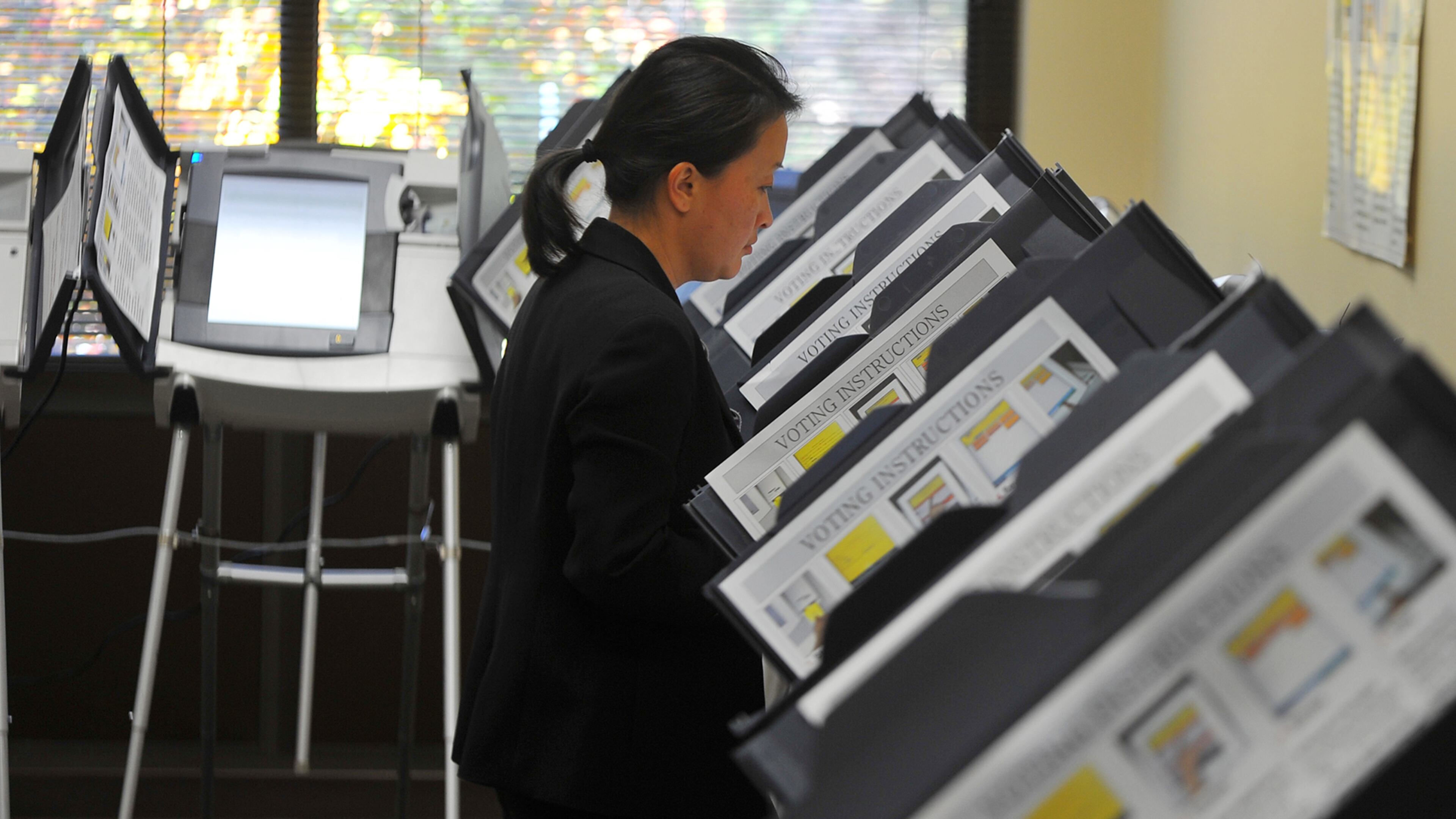Women fighting to keep pace

Tuesday, Aug. 26, is Women’s Equality Day, when we celebrate the 94th anniversary of the 19th Amendment giving women the right to vote.
American women won this right in 1920 after a long struggle that began in 1848. This historic step toward gender equality was followed by decades of struggle to truly secure voting rights for women, and men, of color as well.
Even so, the numbers of women in elected office do not reflect the makeup of our population. A recent alarming study from the Institute for Women’s Policy Research projects that it will take another 107 years for women to fill half the seats in Congress. The 99 women serving in Congress are only 18.5 percent of that body today, while the U.S. population is more than 50 percent female.
The gender imbalance is alive and well in the Georgia General Assembly. In the House, only 26.1 percent of the representatives are women. Only 14.3 percent of the Georgia Senate members are women. Our Georgia congressional delegation is 100 percent male.
These disheartening numbers mean half of our population is grossly underrepresented in important decision-making about education, health care, child care, taxes, spending and so much more. As a woman state senator in Georgia, elected when women held only 12 percent of the seats, I’m dismayed to report that we’re still less than one-fourth of the General Assembly membership. And I truly believe that, “when we’re not at the table, we’re on the menu!”
The United States’ political system is a representative democracy in which publicly elected officials represent the wishes and views of their constituents. When we elect public officials to office, we are consenting to allow them to make important decisions for us. This is why it is crucially important to ensure we have a government that can represent everyone equally.
Currently in the United States, women are still facing gender inequality issues such as an earnings gap that, while still decreasing, is doing so at a much slower rate than in past years. In Georgia, women still only make 81 cents for every dollar a man earns doing the same job. Sadly, this number is still higher than the national average. Women also face barriers to affordable health care, personal security and safety from gender-based violence, and full inclusion in public and political life.
Women around the world in recent decades have been at the forefront of reaching across political, ethnic and religious divides to bring communities together, and to address the root social causes that often lead to insecurity and conflict. Women continue to raise their voices to bring attention to the most critical issues facing our communities and our world. Empowering women to help reduce poverty, build economic growth, improve nutrition and engage politically are vital to the security of our communities.
The Women, Peace and Security Act pending in Congress would ensure women’s full and meaningful participation in all areas, including diplomatic, development and defense efforts here and abroad. Let’s urge Georgia’s congressional members to vote for its passage and assert that women’s participation is essential to creating sustainable peace and security.
In the 94 years since some women gained the right to vote, we’ve made great strides. But we cannot wait another century to have women equally represented in politics. As the ranks of elected women grow, voters more fully appreciate the collaborative, cooperative approach that women often bring to policy-making. Let’s build a groundswell of action to bring women to the tables of power and build a more perfect democracy that reflects the breadth and depth of talent that abounds when everyone is included.
Nan Orrock, a Democrat, represents Atlanta and East Point in the Georgia Senate. She is also president of the Women Legislators' Lobby, a program of Women's Action for New Directions.
